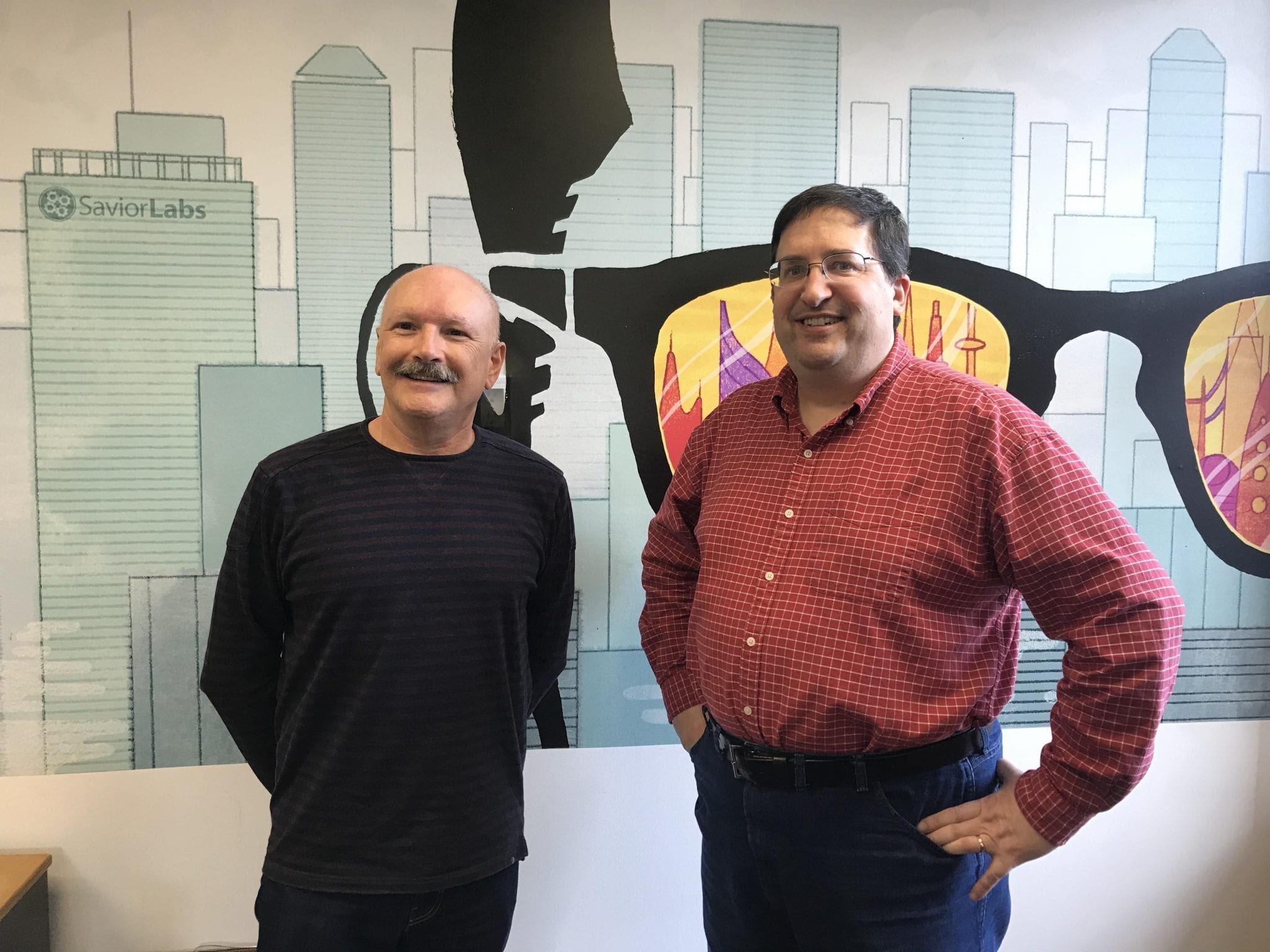On Episode 111 of The Edge of Innovation, we’re continuing our conversation with inventor Falk Wolsky! This time we’re talking about why it’s important to stay curious as an innovator!

Hacking the Future of Business!

On Episode 111 of The Edge of Innovation, we’re continuing our conversation with inventor Falk Wolsky! This time we’re talking about why it’s important to stay curious as an innovator!

On Episode 110 of The Edge of Innovation, we’re continuing our conversation with inventor Falk Wolsky! This time we’re talking about what sets inventors apart from other people!

On Episode 109 of The Edge of Innovation, we’re talking with Chief Innovation Officer Falk Wolsky, about innovation and inventing!

On Episode 63 of The Edge of Innovation, we’re talking with entrepreneur Greg Arnette, about some of the latest tech trends and gadgets that are on our radar.